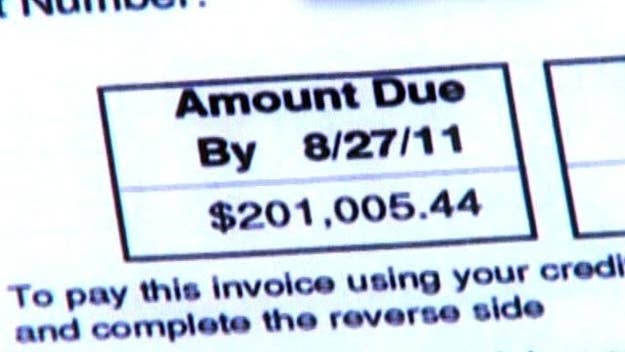
Texting has changed how we use phones, made quick-but-passive communication a thing, and fundamentally altered language.
And now it deserves to die.
Text messaging is the silliest remaining feature on your smartphone; an egregiously antiquated and overpriced monument to the slow-moving telecom industry. It's impressive that SMS texting made it to 20 — here are three reasons to hope hope it doesn't make it to 25.

1. It's insanely expensive
People complain about the price of smartphone data, which is effectively going up as carriers replace unlimited plans with 2 and 3GB capped options. But compared to texting, this is an insanely good value. Consider AT&T's plans for iPhone data: 3GB for $30, or 300MB for $20. This works out to about one $0.01 per megabyte and $0.07 cents per megabyte, respectively.
Now, the two options for text plans are a pay-per-message plan, which costs $0.20 per message, and a $20 unlimited plan. Each text message contains about 190 bytes of data, which means that, at per-text rates, texting costs about $1103 per megabyte. Assuming these stats are correct, and text message users send an average of 41.5 messages per day, a month's worth of messages add up to 231 kilobytes, or the size of an Instagram photo or a longish word document. That works out to nearly $88.65 per megabyte.
If texts were sent using data — as they really should be in 2012 — that 3GB data plan would let you send 16,953,818 of them.

2. It's a crappy hacked technology that costs carriers almost nothing
Now, if SMS texts aren't sent as mobile data, how do they end up on your phone? They're routed through something called the control channel, which was initially designed to pass short, simple status messages from cellphones to towers — just enough to let a tower know which phone is connected to it, or to let a phone know that a call is incoming.
This channel must stay open for calls to work, and it would take an astronomical number of text messages to overwhelm it. In terms of infrastructure load, they're basically just hitching a free ride.
Passing along a text, in other words, costs carriers very, very little. Almost nothing! And certainly not 20 cents.
3. Its silly pricing has slowed down the progress of smartphone tech
The ridiculous cost of texting has consequences beyond your monthly bill. Every dollar spent on texting is almost pure profit for AT&T, Verizon, T-Mobile and Sprint. In theory, this should help drive down the cost of other services, like data and voice, which is a qualified plus. The larger consequence is that carriers have been encouraged not to help bring about change in an area that desperately needs it. It's easy, selfishly gathered money.
BlackBerry Messaging, Google Talk, Facebook chat and now iMessage, an IP texting system in iOS that is so subtly integrated into the texting experience that many people don't even know they're using it, are slowly but surely replacing traditional SMS messaging with something much better (think high-res images, video, and read receipts).
But there is no dominant cross-platform IP texting solution quite yet, which means most people still have to buy some kind of texting plan (either a ludicrously expensive per-message plan, or a $20 unlimited plan, which is obviously overkill). Carriers used to meet you in the middle — $10 for, say, 250 messages — but with broadly compatibly IP messaging bearing down, they've decided to gouge their customers as much as possible.
Think of it this way: If the carriers had wanted to help devise and standardize a system for texting over IP, in cooperation with large internet companies, they could have. But they didn't. And so here we are, paying a special premium for a technology that's almost old enough to drink.
Death to texting.
